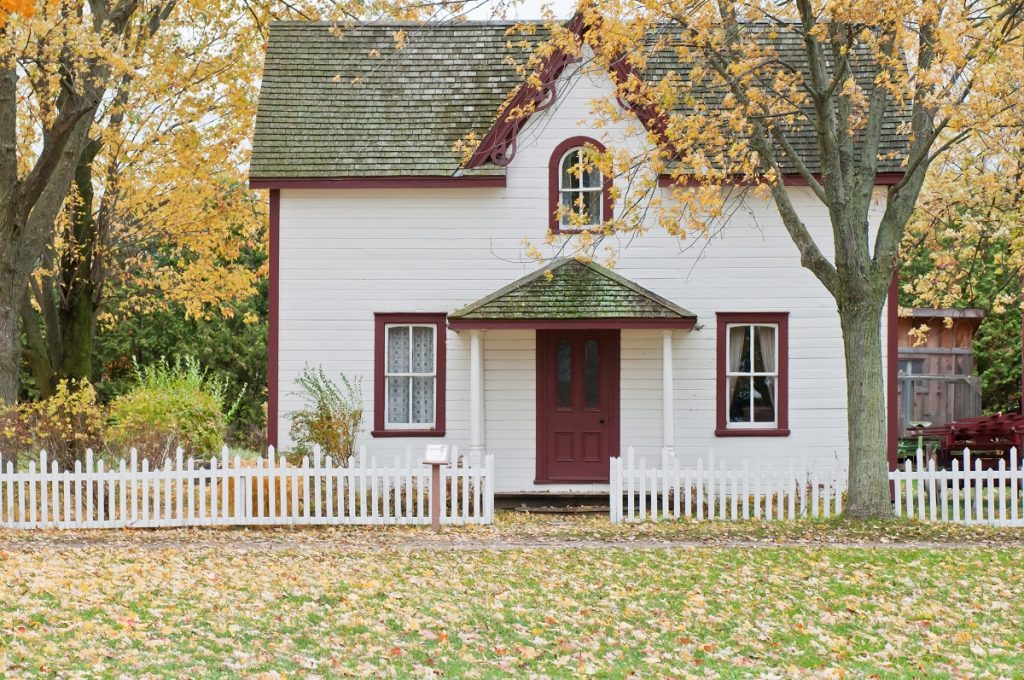If you’re planning to move to another city, consider converting your primary residence into a rental property. The promise of a steady flow of cash from your tenants is just too good to pass up, and renting out your home is a good way to gain a secondary source of income.
However, turning your house into a rental property isn’t as easy as you would think. There are steps you should take to ensure that your home is ready. Here are three important reminders:
Check your mortgage
The first thing you should do if you want to convert your house into a rental property is to check your mortgage. Different lenders have different rules regarding rental properties. ; According to Quicken Loans, when it comes to your mortgage, one of the biggest considerations is the length of time you’ve lived in the property. With any mortgage, you’ll be asked to sign a document stating that you intend to live in the house as your primary residence for a certain amount of time (usually 1-2 years).
For instance, let’s say your mortgage company required you to live in your primary residence for two years, you might not be permitted to convert that property into a rental before that time expires. If you do so, it could be considered mortgage fraud.
Compliance items
When you’re planning to turn your house into a rental property, there are certain certificates and licenses you need to obtain. In Baltimore City, every rental property must be inspected by a state-certified inspector every one to three years.
According to Baltimore’s Department of Housing & Community Development (DHCD), all residential rental homes (incl. including one- and two-family and multi-family dwellings) need to be inspected, registered, and licensed to ensure that they meet the safety and maintenance requirements.
To receive a rental license from the DHCD, the property must: 1) be registered with the DHCD and 2) be inspected by a licensed inspector. There may be other regulations in your area, and it helps to get yourself educated.
Make the property move-in ready

Preparing your house for new tenants is more than just cleaning the property. You’ll want to address any maintenance issues, ensure all appliances work properly, remove any personal belongings out of the home, and clean the property thoroughly.
Here are the types of repairs you need to do if you’re planning to become a landlord:
Foundation repair
– When soil swells with rains and humidity contracts with drought, it can put the foundation of your house at risk. Since the foundation is the heart of the home, repairs can get complicated and expensive.
Electrical issues
– These include inadequate overload protection, insufficient electrical service, and dangerous wiring connections.
Termite damage
– Termites eat away the wood around your home, from furniture to skirting boards. Contact a termite control company immediately if you see any signs of termites in your home.
Water damage
– Water damage is a fairly common home repair cost, arising from something as small as a busted pipe to something bigger, like a leaky roof.
Before putting a “for sale” sign in your yard, consider turning your home into a rental property and make money off of it. Following the steps above will help get you and your home ready for future tenants.
